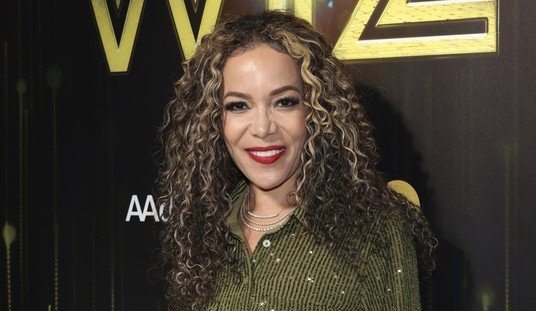The November elections will arguably determine which side will control all three branches of the federal government, and many of America's strongly partisan voters may put aside qualms about one candidate or another to increase the chances their side wins.
So far electability has not been a major factor. In exit polls, when given four options as the reason for their vote, about 20 percent of Iowa caucus-goers and 12 percent of New Hampshire primary voters picked "can win in November." Nearly 80 percent of Democrats in both states who chose this reason voted for Hillary Clinton.
Among Republicans picking that reason, responses varied by state. In Iowa, 44 percent voted for Marco Rubio, 24 percent for Donald Trump and 22 percent for Ted Cruz. In New Hampshire, 32 percent of them supported Trump, 30 percent Rubio, 16 percent John Kasich and only 6 percent Cruz. In both states, "electability" voters were more likely than others to support Rubio.
Rubio is the one Republican candidate who regularly casts himself as the most electable alternative, although Trump's call to get America winning again and his constant boasts about poll leads perhaps makes that point subliminally.
Recommended
So what do the polls tell us? Before answering that question, I should note that general election polling nationally and in target states has been infrequent and subject to error. History tells us it can change significantly during an election year.
Voters today know much less about Bernie Sanders or any Republican candidate than they will if and when he is nominated. They know much more about Hillary Clinton, but not whether she or her close aides will be indicted or recommended for indictment by the FBI.
Moreover, national polls and those in most target states do not differ hugely from the close partisan balance that has prevailed in recent decades. Over the last 25 years, no major party nominee has received more than 53 percent of the vote. There is no evidence -- at least not yet -- that any candidate is headed to the 38 percent received by Barry Goldwater or George McGovern.
All that said, the numbers give some support to Rubio's claims. In the RealClearPolitics average of recent polls, he leads Clinton 48 to 43 percent; Cruz leads Clinton 46 percent to 45 percent; and Jeb Bush and Donald Trump both trail Clinton with 43 percent to her 46 percent.
In addition, in polls going back to September, Rubio runs perceptibly better than others in most target states -- better than Cruz in Florida and better than both Cruz and Trump in Virginia, Colorado, Pennsylvania, New Hampshire and Iowa. Rubio leads in states that would collectively give him more than 270 electoral votes. These numbers should probably be regarded as suggestive rather than conclusive.
Results so far also support Ted Cruz's exaggerated claim that he can bring out many of the 50 million evangelicals who didn't vote in 2012. Extrapolations from exit polls indicate that evangelical turnout in Iowa increased from 69,000 in 2012 to 119,000 in 2016 and in relatively secular New Hampshire from 55,000 to 71,000.
That's one reason -- not the only one -- Republican turnout was higher than Democratic in both target states, the opposite of the case the last time both parties had contests, in 2012.
Strikingly, Hillary Clinton's percentage varies almost not at all against any of the four Republicans: 46 percent against Trump, Cruz and Bush and 43 percent against Rubio. All her numbers are below Barack Obama's re-election percentage (51 percent) and probably below what an ideal Democratic candidate (i.e., a candidate with a higher than 32 percent reputation for honesty and trustworthiness) would get.
Interestingly, current polling doesn't support the 16 percent of Iowa and New Hampshire Democrats who voted for Clinton for reasons of electability. Sanders is actually running better against each of the four Republicans, leading Trump by 6 percent, Bush and Cruz by smaller margins and tying with Rubio.
Most professional Democrats, Republicans and political journalists surely agree with those Democratic voters that Sanders would ultimately be a weaker general-election candidate. That's based on a judgment that his lavish promises won't stand up to scrutiny.
Tentative conclusion: Increased concern about electability would help Rubio and hurt Trump, and it could bolster Clinton -- or spur demand for another Democrat to run.


